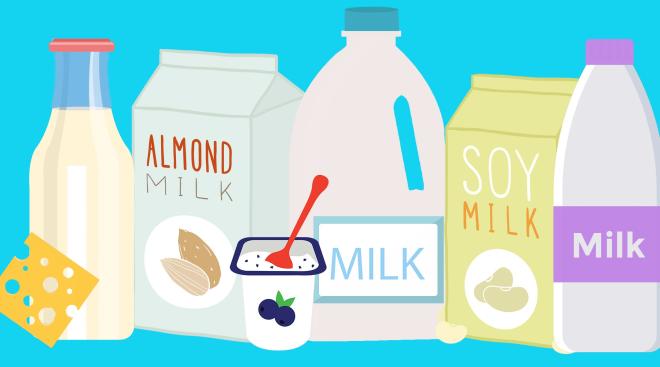It is important to seek emergency help if the person with diabetes is unable to bring their sugar levels back to normal. This can happen in people who do not have diabetes.
 Hypoglycemia Symptoms Causes Diagnosis And Treatments Causes Symptoms Diagnosis Treatments And Support
Hypoglycemia Symptoms Causes Diagnosis And Treatments Causes Symptoms Diagnosis Treatments And Support
If you have diabetes and take certain diabetes drugs or insulin you may experience low blood sugar hypoglycemia hy-po-gly-SEE-me-uh from time to time.
Diabetes low blood sugar symptoms. The normal range of blood glucose is from 70 to 100 mgdL in an individual without diabetes Most people will feel the effects and symptoms of low blood sugar when blood glucose levels are lower than 50 mgdL. While symptoms vary from person to person and range in severity there are a few common complaints when the blood sugar is too low. Most people have symptoms when their blood sugar drops to 70 milligrams per deciliter mgdL or lower.
The 2 types of non-diabetic hypoglycemia are fasting hypoglycemia and reactive hypoglycemia. Fasting hypoglycemia often happens after the person goes without food for 8 hours or longer. The symptoms usually occur gradually and may be associated with warning signs such as.
Non-diabetic hypoglycemia is a condition that causes the sugar glucose in your blood to drop too low. Youll learn how it makes you feel although your symptoms may change over time. A low blood sugar level triggers the release of epinephrine adrenaline the fight-or-flight hormone.
The symptoms of low blood sugar can be as mild as a headache or as severe as a seizure or coma. Symptoms and signs include nervousness dizziness trembling sweating hunger weakness and palpitations. Symptoms of a low blood sugar level.
When the blood sugar drops very low usually under 30 the actions of the neurons in the brain decrease and the person seizes. However some people have symptoms of low blood sugar even at higher blood sugar. We detail the causes of low blood sugar and the complications that might occur if left untreated.
A diabetic seizure is brought on by extremely low blood sugarsIn order to function properly the brain needs glucose. The American Diabetes Association ADA lists the following as symptoms of low blood sugar. The University of Birminghams Medical School states that if the body becomes used to being low on sugar hypo symptoms can become less noticeable.
That number can vary from one person to another. What are the symptoms of low blood sugar. A low blood sugar level can affect everyone differently.
A low blood sugar level can be dangerous if its not treated quickly but you can usually treat it easily yourself. If your blood sugar level is lower than 50 to 70 milligrams per deciliter you may have hypoglycemia. Most people feel symptoms of hypoglycemia when their blood sugar is 70 milligrams per deciliter mgdL or lower.
Symptoms of Low Blood Sugar. Seizures related to diabetes. Early signs of a low blood sugar level include.
Very low blood sugar can lead to convulsions and unconsciousness. Epinephrine is what can cause the symptoms of hypoglycemia such as thumping heart sweating tingling and anxiety. After You Have Low Blood Sugar If your low blood sugar was mild between 55-69 mgdL you can return to your normal activities once your blood sugar is back in its target range.
But its not the same for everyone. If the blood sugar level continues to drop the brain does not get enough glucose and stops functioning as it should. Each person with diabetes may have different symptoms of hypoglycemia.
After you have low blood sugar your early symptoms for low blood sugar are less noticeable for 48 to 72 hours. Its important to know your signs. Sweating chills and clamminess.
How you react to low blood sugar may not be the same as how someone else with low blood sugar reacts. There are several telltale signs that your blood sugar has dropped below a safe level. The symptoms are caused by the nervous systems response to the stress of having low levels of circulating blood sugar.
Being nervous or anxious. You might feel shaky when your blood sugar isnt that. Common symptoms may include.
Hypoglycemia is a blood sugar of less than 70 mgdL.

/increased-mucus-production-914907_color1-5c1aff45c9e77c0001edffdd.png)










